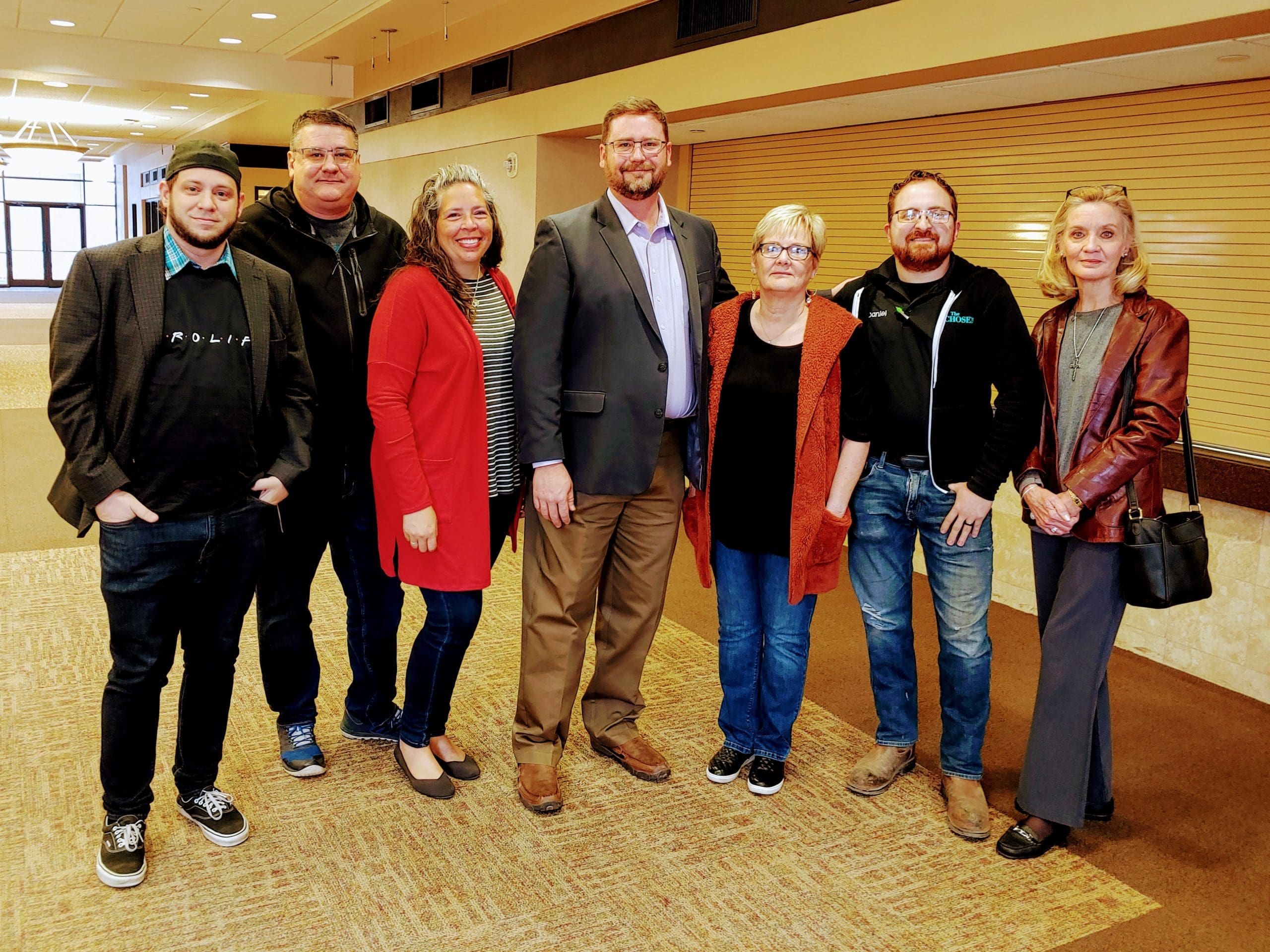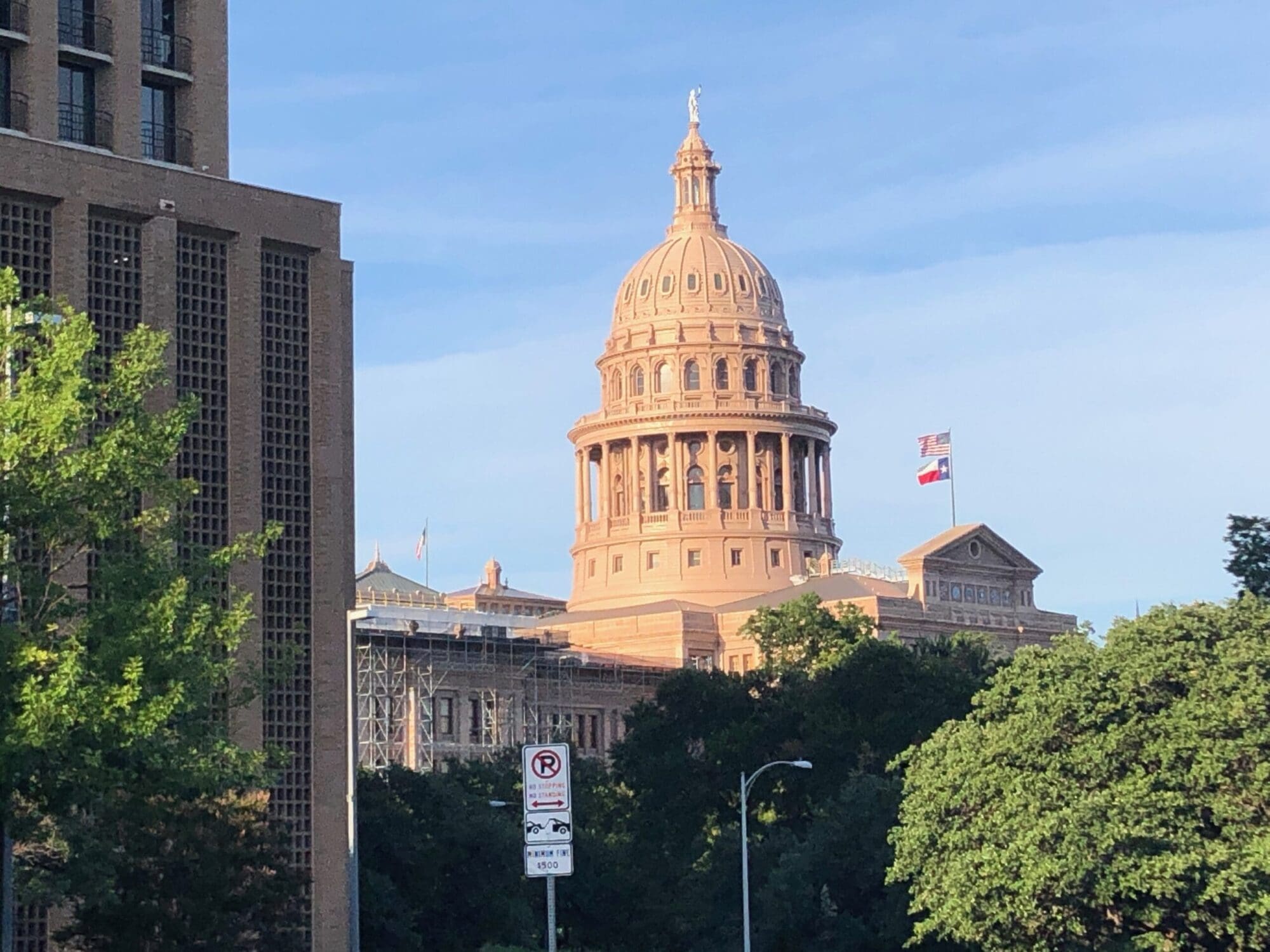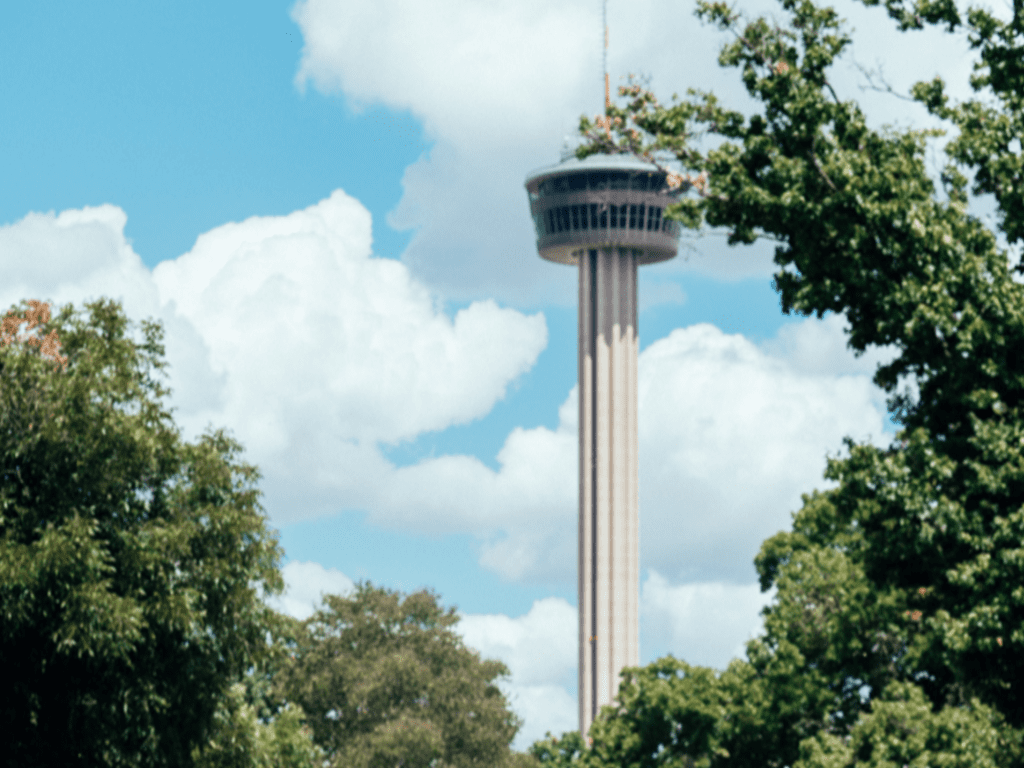On Tuesday, February 1, the city council of San Angelo, Texas (pop. 101,612), received the certification of the citizen initiative petition signatures and scheduled a hearing to consider the passage of an ordinance outlawing abortion within their city limits.
The item was listed under the city’s regular agenda business as: “Consider accepting a duly certified petition in support of Outlawing Abortion/Declaring San Angelo a Sanctuary City for the Unborn, establishing a day/time for a public hearing of the ordinance, and directing staff to publish the ordinance in the newspaper at least once prior to discussion at the public hearing.”
City Clerk Julia Antilley’s presentation to the city council included her report to council, the Initiating Committee Affidavit, the proposed San Angelo Ordinance Outlawing Abortion, Certificate & Verified Signature Pages, Section 47 of the San Angelo city charter, and Chapter 277 of the Texas Election Code.
Antilley said they had reached out to Lubbock for a time reference of how much notice they gave before holding the public hearing, but they had not heard back at that time. When asked what she felt was reasonable by Mayor Gunter, Clerk Antilley responded with a date of March 1, 2022. Had Antilley heard from the City of Lubbock (population 264,000), she would have learned that the citizen initiative petition signatures were certified before their council on November 2, 2020, with a hearing scheduled for their city 15 days later on November 17, 2020. Had Antilley heard from the City of Lubbock, she would have known that two weeks was more than enough time to publish the ordinance in the paper and notify the public of a hearing on this ordinance, instead of suggesting a hearing date 28 days later (almost twice the amount of time Lubbock took to address the matter).
Mayor Gunter asked if there was a motion to schedule the date of March 1, 2022, for the public hearing and a motion was made and seconded. Mayor Gunter then asked if there were any objections from other members of council before moving on to hear from the citizens.
Public comments were given, but many believed the scheduling of March 1 was premature. Many believed the signatures should have been certified and then opened up the floor for discussion on the scheduling of the vote. Another concern about the timing of the March 1 hearing was that it was just late enough to prevent the possibility of the ordinance going on the May ballot if the city council were to reject the ordinance. According to the State of Texas, all local ballot initiatives must be on the ballot by no later than 5:00 p.m. on February 18, 2022. This means that if the mayor and city council were to reject the ordinance, the opportunity for an election would only be three and a half months away (May), instead of an election nine months away (November). Before the council meeting even began, at least two city council members knew that those behind the citizen initiative petition wanted a scheduled hearing before the February 18 deadline. Those council members also knew that those behind the citizen initiative petition were planning to speak before the council on that very issue.
Several in support of the measure were furious. Antilley told Pastor Ryan Buck that they were not to speak at the public comment period before the council meeting, but to wait until the agenda item came up. But before public comment was even given, a motion had already been made for the date of March 1, 2022. Still, those in attendance pleaded with their council to consider an earlier date. For some, this seemed highly unlikely, especially since a motion had already been made for the March 1 date. At the end of public comment, the city council voted 4-1 to schedule the public hearing for March 1, 2022. Following this vote, Mayor Brenda Gunter prematurely announced that the ordinance would be on the November ballot, stating, “It will be on the November ballot.”
Despite Mayor Brenda Gunter making this statement, San Angelo’s city charter is clear. A scheduled hearing must be called where “the Council shall . . . take final action upon the same by either adopting or rejecting the ordinance.” However, even though many on the city staff had the opportunity to correct the mayor, no one chose to do so. According to the San Angelo city charter, the ordinance has the opportunity to be sent to the ballot at the next available election only if the council rejects the ordinance, as it has been written, at the scheduled public hearing.
That this ordinance would go to the ballot has been Mayor Gunter’s consistent position.
In early June 2021, Lou McLemore, Johnna Sandor, and a director with Right To Life of East Texas ate at Miss Hatties Restaurant in San Angelo. While they were there, they spoke with Mayor Brenda Gunter about the possibility of San Angelo becoming a Sanctuary City for the Unborn by outlawing abortion within their city limits. At that meeting, Mayor Gunter shared that they had already decided that if the issue ever came up, they would follow Lubbock and have the citizens vote on the ordinance at the ballot. At that time, the outlawing of abortion via city ordinance had not been on any City of San Angelo agenda prior to this meeting.

Right To Life of East Texas Director Mark Lee Dickson pictured with Tammy and Patrick Foyle with the Abilene Initiative, Pastor Ryan Buck, De Herring, Daniel Martinez, and Stephanie Socha of the San Angelo Initiative.
On September 9, Mayor Gunter said, “I believe strongly as a council that the citizens have a right to vote for that, and that seven people should not be making that decision for this city. A population of 110,000 should make that decision.”
On October 5, Mayor Gunter said, “The citizens under the charter have a right to form and initiate the committee to put the presented ordinance on the May ballot for a vote of the people.” Gunter continued, stating, “I strongly support taking the issue to the citizens because I believe that we do not have the right to take their voice or their vote away from them.”
Yet, Gunter also appeared critical of the enforcement mechanism of the ordinance—the very same enforcement mechanism that is part of the Texas Heartbeat Act. Gunter said, “Becoming a ‘sanctuary city for the unborn’ means you start opening the door to become a sanctuary city for ‘this’ and a sanctuary city for ‘that.’ The reality is that the ordinance had no enforcement behind it—none. It pits citizen against citizen.”
While it would appear that the citizens have to settle for the scheduled hearing on March 1, many throughout the City of San Angelo feel like the scheduled hearing is nothing but a sham.
The purpose of the public hearing is for the people to be heard and to have the opportunity to convince their council to either adopt or reject the ordinance. This is leaving some in the community to question why anyone should show up to a public hearing if Mayor Gunter and the city council have already decided to reject the ordinance.
Regardless of what happens in the coming weeks, one thing is certain: The fight for the San Angelo Ordinance Outlawing Abortion is far from over.
This is a commentary published with the author’s permission. If you wish to submit a commentary to Texas Scorecard, please submit your article to submission@texasscorecard.com.




